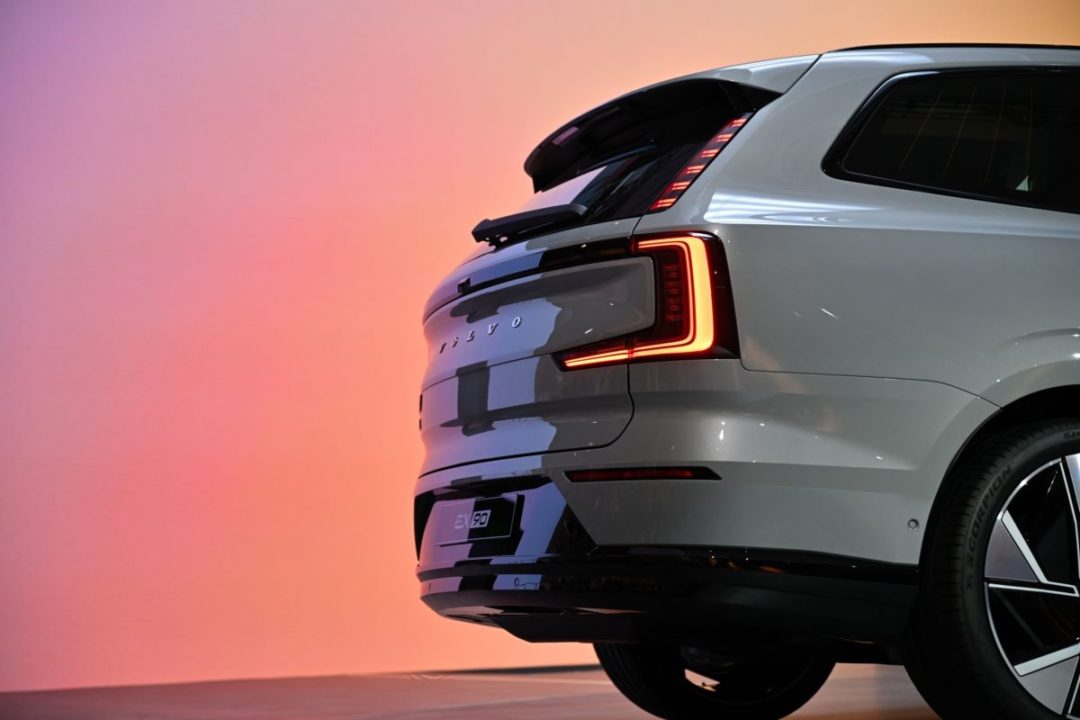
Visit Our Sponsors |
|
|
|
|
|
|
|
|
|
|
|
|
|
|
|
|
|
|
|
|
|
|
|
|
|
|
|
|
|
|
|
|
|
|
|
|
|
|
|
|
|
|
|
|
|
|
|
|
|
|
|
|
|
|
|
|
|
|
|
|
|
|
|

Photo: Bloomberg
Volvo AB is joining a growing roster of manufacturers considering moving investments to the U.S. if Europe doesn’t bolster aid in response to Joe Biden’s landmark green subsidy push.
The Inflation Reduction Act, which promises roughly $370 billion in clean-energy subsidies, will strongly increase demand for emissions-free trucks in the U.S., said Volvo Chief Executive Officer Martin Lundstedt.
“If nothing happens in Europe, we will have to think about where we’re going to put the initial investments to scale up capacity for some of the technologies in the value chain,” Lundstedt said in an interview. “This is not a threat; it’s driven by customer demand and where volumes will accelerate.”
The IRA has fueled concerns that Europe will fall behind in the race to overhaul industries amid rising costs in the region. Sweden’s Northvolt AB said in November 2022 it’s considering postponing its planned factory in northern Germany and instead invest first in North America.
The European Union proposed its own green-tech road map in early February, to keep industries competitive and catch up to the U.S. and China. But its plan, which EU leaders are to discuss later in February, received a mixed reception, with some concerned that the subsidies will only help richer countries, and others warning of a transatlantic trade war.
Volvo is developing trucks running on batteries, hydrogen and renewable fuels, and is in the process of ramping up related infrastructure. Together with Daimler Truck AG and Volkswagen AG’s Traton, the Swedish company is planning to spend €500 million ($539 million) in the next years to install at least 1,700 chargers in Europe for heavy-duty vehicles.
Lundstedt said he expects any updated European green-technology push to speak a clearer message on the region’s commitment for charging infrastructure, battery factories and purchasing incentives for zero-emissions vehicles.
“What they had communicated earlier didn’t have the same strength as the IRA,” he said. “If we don’t get a balanced package in Europe, demand will increase faster in North America.”
Under the IRA, the U.S. would cover $45 per kilowatt-hour of a battery’s production costs — aid that “will definitely change the equation for customers” and potentially also for Volvo, the CEO said.
With Volvo generating some 30% of sales in North America and demand expected to increase due to the IRA, building its next battery plant there “wouldn’t be a shocker,” he said.
RELATED CONTENT
RELATED VIDEOS
Timely, incisive articles delivered directly to your inbox.







